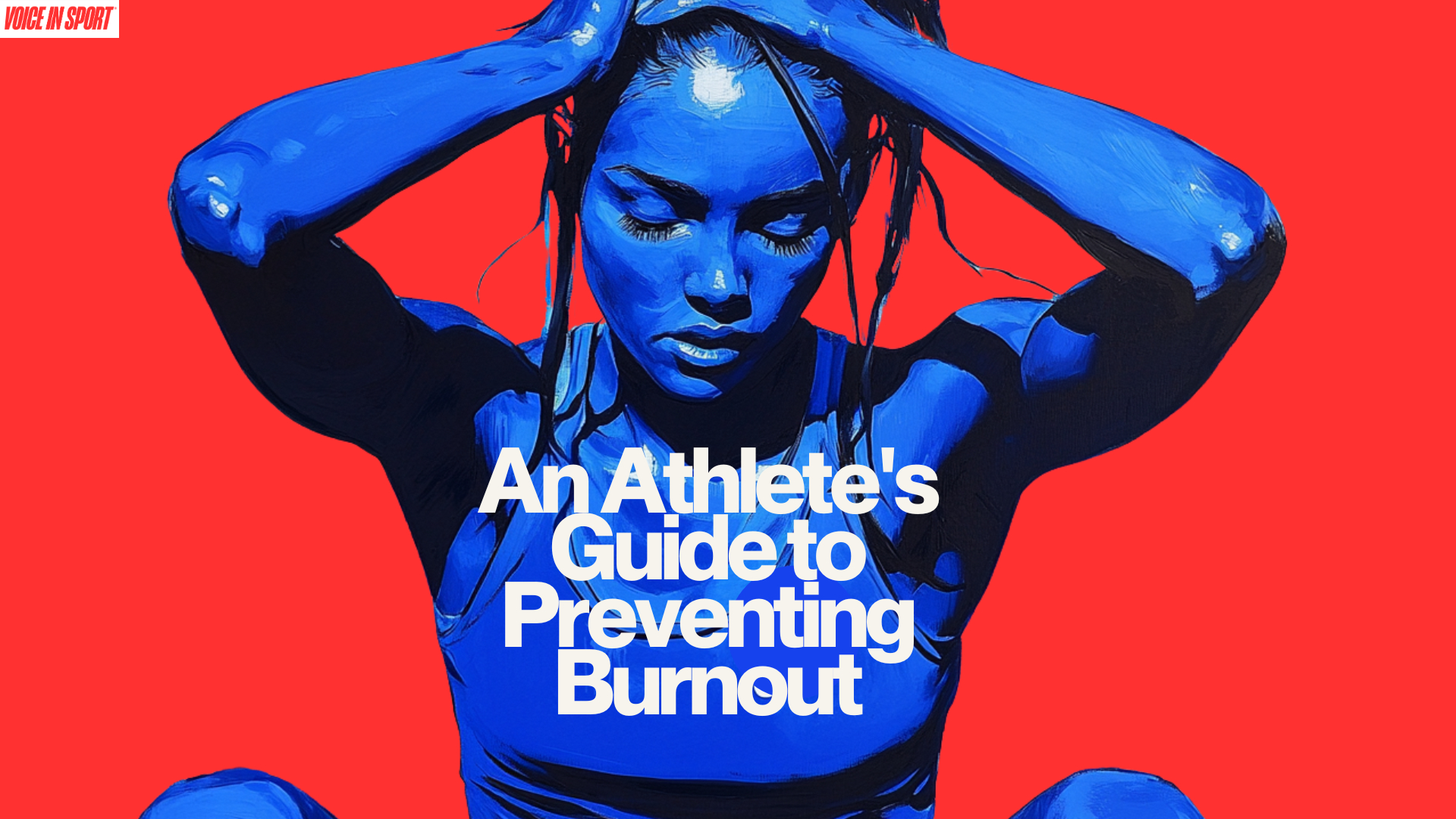Burnout is a serious and common issue for elite athletes, so it’s really important for us to understand what it is and how to counteract it. If we let the effects of burnout run unchecked, we run the risk of injury, declining athletic performance, unhealthy coping mechanisms, or even depression and anxiety. But burnout doesn’t have to be harmful if we know how to handle it. We caught up with VIS Expert Cynthia Clarke, CMPC, EdD, to help show us how to navigate burnout so we don’t let it happen again.
Recognizing
We can’t prevent or combat burnout if we aren't able to detect it, so knowing the signs is important. According to Clarke, common emotional indicators of athletic burnout include:
Feeling overwhelmed
Difficulty making decisions
Disengagement with sport
Lack of motivation
Decreased effort
Forgetfulness (especially with things relating to sport)
Irritability
Struggling to get along with teammates
A short-temper.
Physically, athletes experiencing burnout may:
Feel exhausted
Have issues sleeping (either sleeping too much or having trouble sleeping)
Under perform at practice
Feel increasingly injured
Burnout may also bleed into other aspects of our lives, affecting our grades or our social circles outside of sports.
“Give yourself permission to acknowledge that you’re not perfect because burnout will come when we’re striving to be perfect.”
Combating
The first step that we need to take to fight burnout is to recognize that we have a problem. “Sometimes athletes strive to be perfect, so having to admit that something is wrong is hard,” Clarke tells us. Once we acknowledge this, Clarke has some simple changes we can make to minimize the effects of burnout:
Reflect on your ‘why:” Reconnect with the reason why you play your sport. Make sure this reason is for you, not another person or other external motivation.
Find the root of the issue: Is something else in your life projecting onto your sport that’s making you feel overwhelmed, like having an overly heavy workload or a stressful roommate situation?
Fix your environment: Clean your living space, organize your schedule, listen to music – whatever it takes to help you feel in control and at peace.
Talk to someone you trust: Teammates, coaches, friends, parents, or health counselors are great options for support.
Reframe your thoughts: Focus on what you can control. For the things that you can’t, “frame your thoughts towards them to be more positive,” Clarke says.
Take a break: If none of the above actions make a difference, sometimes the best thing to do is step away from our sport for a little while so we can rest and rediscover our purpose.
Preventing
The best way to avoid the effects of burnout is to prevent it from happening in the first place. Luckily, Clarke provides us with some tips in this area too.
Don’t get caught up trying to achieve perfection: “Give yourself permission to acknowledge that you’re not perfect,” Clarke says, “because burnout will come when we’re striving to be perfect.”
Acknowledge your successes on the way: We should always strive to be better, but we should also make sure to pat ourselves on the back every chance that we get.
Try journaling: “You can journal the things that are overwhelming you, the things you are doing good, words of affirmation to support what you want to occur,” Clarke says.
Get enough sleep and eat to fuel
Have a solid social circle and life outside of your sport
Never forget to rest!
Burnout is a normal and common thing to experience as athletes, but it doesn’t always have to be so harmful. Now we have the skills to recognize, combat, and prevent burnout to stop it from running its course.







